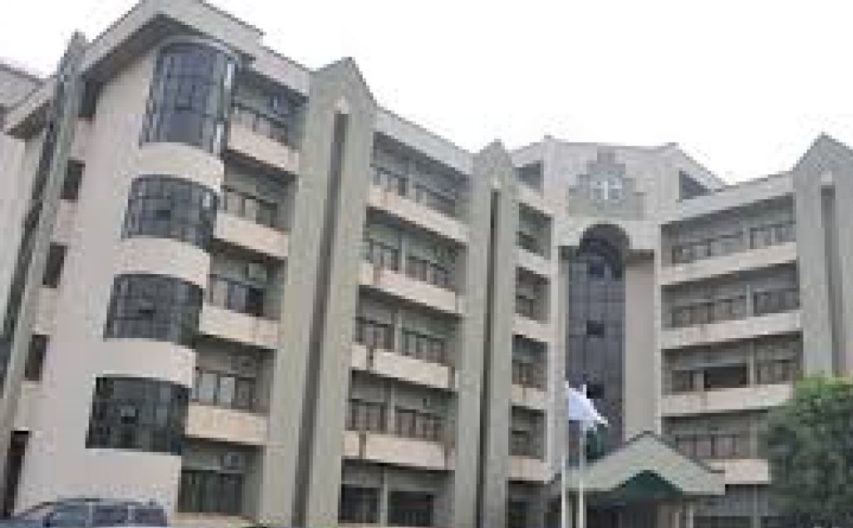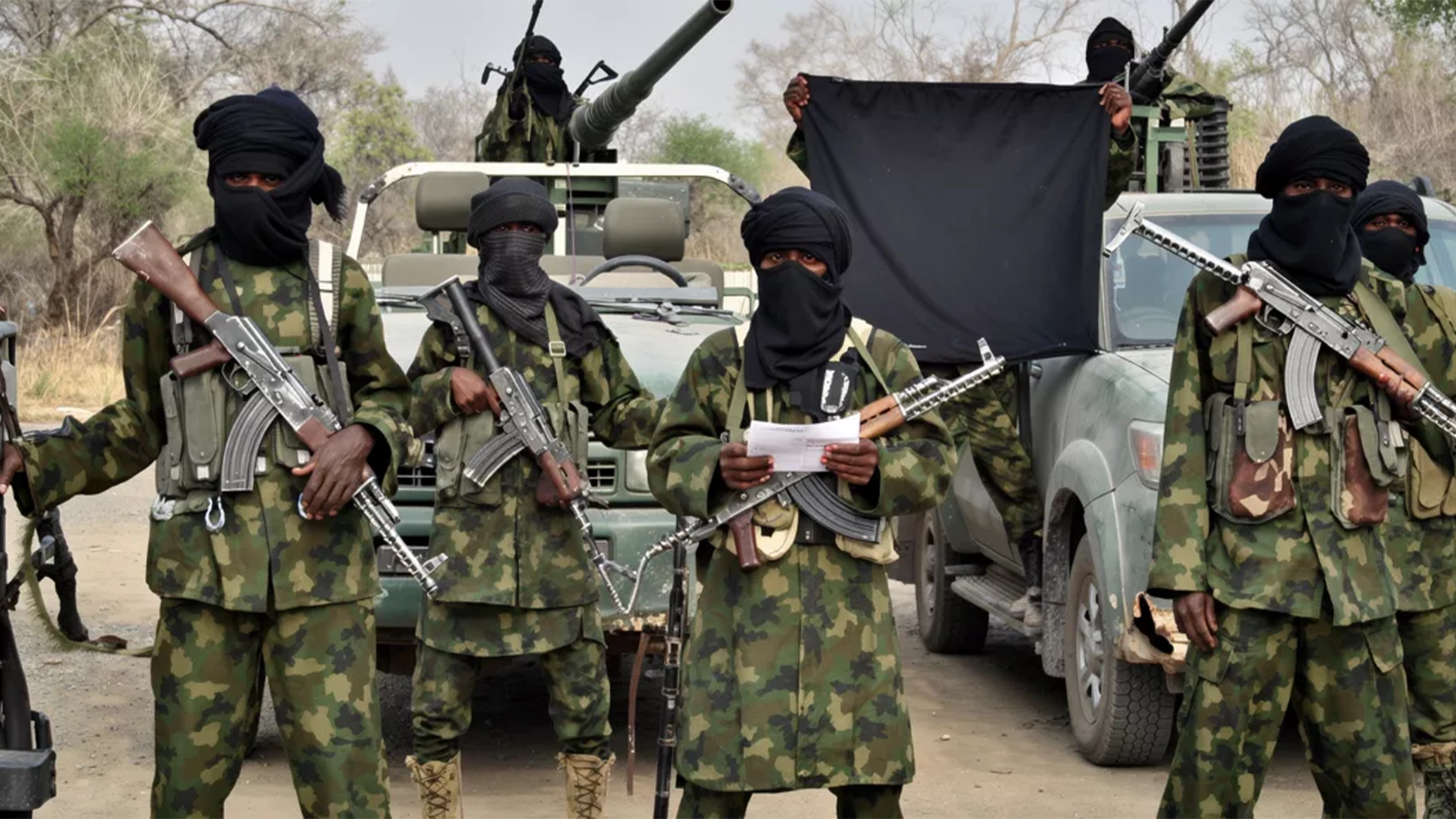
The National Human Rights Commission (NHRC) has criticized Reuters for failing to appear before its investigative panel to substantiate allegations that the Nigerian Army deliberately committed human rights violations during operations in Northeast Nigeria.
Mr. Hillary Ogbonna, a Senior Human Rights Adviser at the NHRC, made the claim on Friday while presenting the findings of the Special Independent Investigative Panel on Human Rights Violations in Counter-Insurgency Operations in the North-East (SIIP North-East) at the Shehu Musa Yar’Adua Center, the venue of the Civil-Military Forum on Human Rights.
Mr. Ogbonna said, given the gravity of the allegations made by Reuters, an international news agency, in its three-part report entitled “Nightmare in Nigeria,” the Commission had expected that the media outlet would provide compelling evidence to enable it to act on the matter.
Mr. Ogbonna, who frowned at the deliberate absence of Reuters during the course of the investigation, said their action seemed to discredit their report and presented a semblance of a hatchet job.
He also noted that the international medical group, Médecins Sans Frontières (MSF), also known as Doctors Without Borders, was a no-show during the investigation but announced that the group has since reached out to the NHRC to clarify their position after noting the findings and recommendations of the investigative panel.
The Reuters report had linked the Nigerian military with issues of forced abortions, especially for teenage girls carrying pregnancies for bandits or insurgents in the zone, and Mr. Ogbonna noted that there is verifiable evidence of the group’s involvement in incidences of abortions in Borno State but did not specify whether they were forced or not.
In his welcome and opening address, the Executive Secretary of the Commission, Dr. Tony Ojukwu, SAN, said the findings and recommendations of SIIP North-East are very instructive.
Dr. Ojukwu said, “These findings highlight serious concerns regarding human rights violations in the region, including the killing of civilians in Abisari, Borno State, and allegations of forced abortions and violence against women and children.
“Our primary goal is to bring together the Nigerian military and the NHRC to collaboratively reflect on these findings and discuss practical steps for the implementation of the panel’s recommendations.”
The ES said the NHRC believes that the issues being discussed are not just about past violations but “about ensuring that we create a future where human rights are central to the operations of the Nigerian Armed Forces.”
Representatives of the Chief of Defence Staff (CDS), National Drug Law Enforcement Agency (NDLEA), National Security and Civil Defence Corps (NSCDC), Federal Road Safety Corps (FRSC), Nigeria Customs Service (NCS), among others, in their goodwill messages, all commended the NHRC for its efforts in addressing the rights of Nigerians, saying their organizations are not just taking notes but are already incorporating human rights principles into their operations.
Dr. Benson Olugbuo, who gave a lecture on “An Overview of the Draft National Policy for Protection of Civilians and Civilian Harm Mitigation Strategy,” reiterated the need for Nigerian security institutions to adopt international best practices in principle and legislation to guide their operations as they relate to dealing with civilians in their areas of operation.
This was also reiterated by Colonel Yakubu Bako, rtd, a former Military Governor of Akwa Ibom State, who represented the Chairman of the NDLEA, Buba Marwa. He said that although suspects in drug crimes usually face stiff actions internationally, the NDLEA has never shirked its human rights responsibilities.
At the close of the event, copies of the report of the Special Independent Investigative Panel on Human Rights Violations in Counter-Insurgency Operations in North-East Nigeria (SIIP North-East) were unveiled by participants and distributed to the various security agencies and stakeholders.






